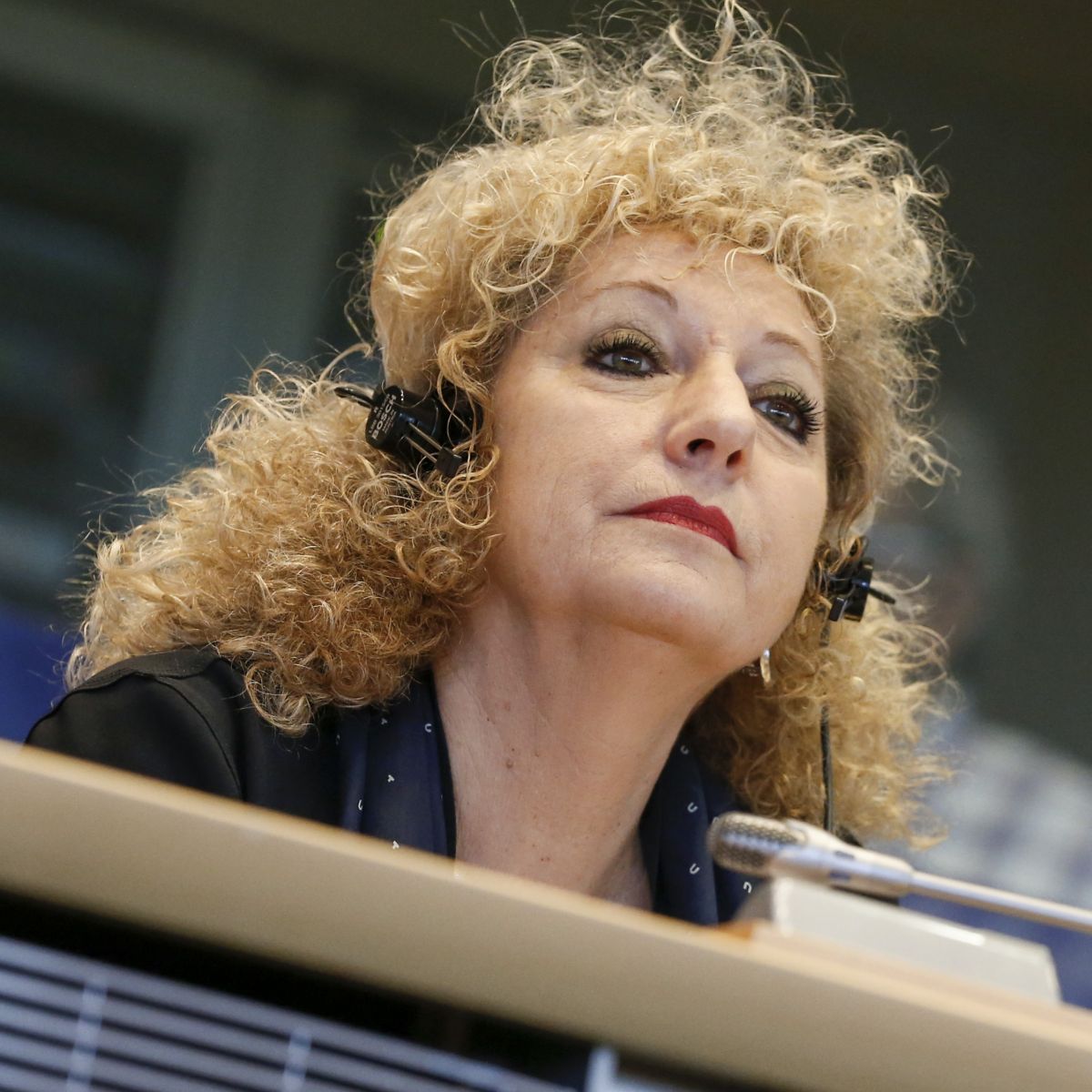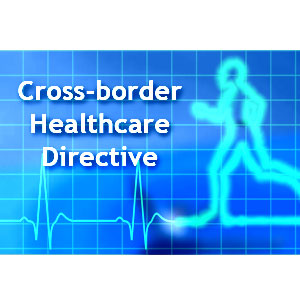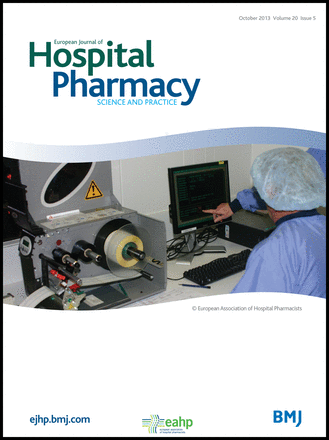EAHP EU Monitor 30 October 2013

You can subscribe to the EAHP EU Monitor here.
 European Parliament passes Common Training Framework amendments
European Parliament passes Common Training Framework amendments
The European Association of Hospital Pharmacists (EAHP) has publicly congratulated Members of the European Parliament (MEPs) for their scrutiny of legislation governing qualification recognition across national borders. In particular, MEPs achieved an opportunity to improve recognition of specialised qualifications in pharmacy, veterinary medicine and nursing.
Thanks to amendments secured by the European Parliament there will now be a formal legal avenue for specialisations such as hospital pharmacy to create a ‘common training framework’ across countries. National regulators of professional qualifications (‘competent authorities’) and professional associations in at least 10 countries can now establish a competence-based framework for automatic recognition of a specialist qualification. In the previous Directive on professional qualification recognition (Directive 2005/36/EC), only specialties of the medical and dental professions could benefit from such cross-border qualification recognition.
More information here.
European Parliament agrees its position on medical device regulation.jpg)
The European Parliament has voted to determine its negotiating position with the European Commission and national governments on the future of medical device regulation. Alongside proposing a compromise form of central authorisation for high risk devices, its position also seeks to secure greater clarity on how the regulatory status of different devices will be determined in future, and the legal parameters in operation for reuse of single use devices.
In the run-up to the vote there had been considerable debate over whether a form of central authorisation for high risk (Class III) medical devices, similar to that in operation for medicines under the guise of the European Medicines Agency (EMA), is required in order to guarantee robust scrutiny. The lead ENVI (health) Committee MEP, Ms Dagmar Roth-Behrendt (Germany, Socialist), had proposed this be undertaken by a special EMA Committee.
In a vote on the issue however, the Parliament determined a form of compromise by recommending the establishment of special conformity assessment bodies responsible for the authorisation of high risk medical devices with EU regulatory oversight where necessary. These special notified bodies would be designated by the EMA on the basis of the reinforced requirements on staff qualification and training.
Other issues covered in the Parliament’s proposed amendments include:
• persons or institutions who wish to reprocess a single-use device must be held liable and ensure the traceability of the reprocessed device.
• a list of devices unsuitable for reprocessing should be set up via delegated acts of the European Commission.
• future unique identification requirements for medical devices should be compatible with European unique identification system under development for medicines
• access by the public and healthcare professionals to the ‘Eudamed’ database should be clarified, especially those concerning known product safety information.
The European Parliament’s lead and shadow rapporteur MEPs on the subject file will now enter a period of ‘trilogue’ discussion with the European Commission and representatives of the EU’s 28 national governments in order to work towards an agreed final text of the new medical device regulation.
Amendments to the regulation adopted by the European Parliament here.
 Cross Border Healthcare Directive enters into force
Cross Border Healthcare Directive enters into force
As of 25 October 2013, the EU Directive on Cross Border Healthcare has now, in legal understanding, entered into force in all EU countries. The Directive enshrines rights of patients in the EU to choose where to receive medical treatment across the EU, and to be reimbursed for it.
The new Directive introduces three major changes focusing on patients' rights:
- citizens have the right to choose and be reimbursed for treatment, either public health care or private health care, anywhere in the EU;
- prior authorisations for cross-border healthcare will become the exception rather than the rule; and,
- citizens have the right to make informed decisions about treatment options. They are, therefore entitled to receive any relevant information from national contact points, established under the new Directive, and information from health care and treatment providers directly.
In order to increase transparency on quality and safety standards across the EU, the Directive advocates mutual assistance and cooperation between Member States in particular on the interoperability of eHealth tools and the use of health technology assessment. It also facilitates the recognition of prescriptions for medical products in every Member State.
Eventually, the Directive will provide for the development of European reference networks, to encourage the pooling of knowledge and maximise the cost effective use of resources in highly specialized healthcare, such as the diagnosis and treatment of rare diseases.
However, media reports suggest only a few EU member states have conducted the necessary preparation activity to meet the requirements of the Directive.
More information about the Directive here.
Media report on failure to transpose the Directive here.
EJHP: A systematic review of medical and non-medical practitioners’ views of the impact of ehealth on shared care

The online first edition of the European Journal of Hospital Pharmacy recently published a systematic review exploring medical and non-medical practitioners’ views of the impact of ehealth on shared care..
Findings indicate acceptance of ehealth to support shared care but question anticipated efficiencies.
Full article here.




